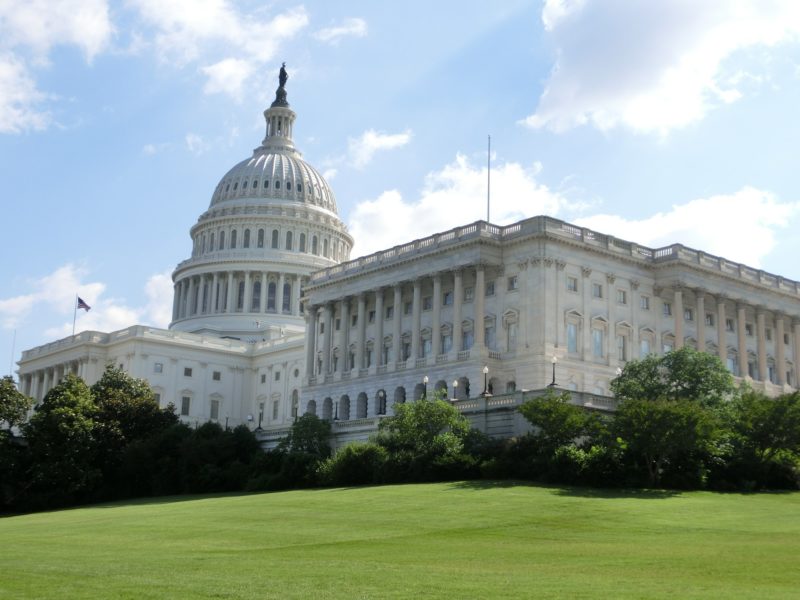A New Approach to Fighting Corruption
With the New Year, the Biden Administration announced a new approach to combatting financial corruption. Identifying corruption as a “cancer within the body of societies—a disease that eats at the public trust and the ability of governments to deliver for their citizens.” The plan, known as the “United States Strategy on Countering Corruption,” harnesses five pillars to help curb the threat and disastrous effects of corruption-related crimes.
Overarching Strategy
To address the current vulnerabilities in both domestic and international financial systems, the Administration plans to: (1) modernize, coordinate, and resource U.S. Government efforts to better fight corruption; (2) curb illicit finance; (3) hold corrupt actors accountable; (4) preserve and strengthen the multilateral anti-corruption architecture; and (5) improve diplomatic engagement and leverage foreign assistance resources to advance policy goals. To adhere to these pillars, the Administration intends to integrate these efforts into relevant policy-making processes to help diminish the harmful effects of these crimes and restore prosperity both domestically and internationally.
How Does The New Approach Work?
Regarding the new approach to combatting financial corruption, the third pillar hones in on how the U.S. plans to address the existing vulnerabilities in our current Anti-Money Laundering (AML) compliance landscape. Under the pre-existing framework of the AML Act of 2020, the administration intends to further expand subpoena power for certain financial records while also financially incentivizing the disclosure of any violations to the Bank Secrecy Act (BSA) among financial institutions.
Addressing Issues With CryptoCurrency
The administration will also go beyond previous nominal efforts and start vigorously enforcing the Foreign Corrupt Practices Act (FCPA) to help counteract foreign bribery at new levels. It will also finally seek to address and prosecute the criminal misuse of cryptocurrency, as well as recover the illicit and laundered funds associated with these crimes with the implementation of a new National Cryptocurrency Enforcement Team.
These advancing efforts indicate that financial crime compliance expectations are not only increasing but those that don’t take proper action to mitigate corruption face newer and bigger threats in this evolving global regulatory climate.
Increasing Requirements for AML Programs
With certain types of investment entities previously being non-obligated to have AML compliance software in place, numerous actors have been able to invest their unethical gains back into the financial system through hedge funds, trusts, private equity funds, and other wealth advisory services. However, under this new strategic plan, the Treasury Department is taking strides to address this drastic oversight to finally impose minimum AML screening and suspicious activity reporting (SAR) requirements onto these various entities.
So, if there’s a time to implement proper AML screening and risk monitoring software to prevent future corruption, it’s certainly now. Luckily, Truth Technologies provides a comprehensive multi-service compliance ecosystem including sanction screening, Anti-Money Laundering (AML), Know Your Customer (KYC) protection, and supplementary reporting, that is poised to aid in the new approach to combatting financial corruption. Click here to learn more about Truth Technologies and how we can help you meet your AML/KYC compliance software needs.




